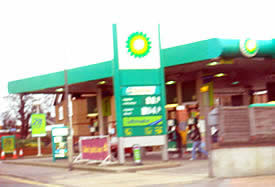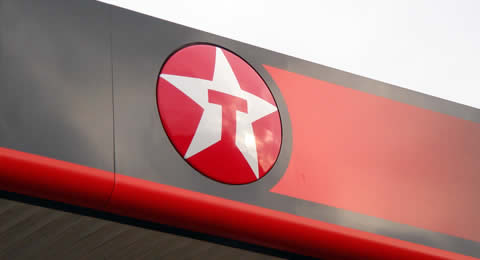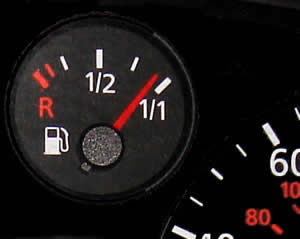Choice of fuel becomes more critical in a high compression or turbo engine.
"One of my Pet(rol) hates!"
 Fuel: this is regulated by a pressurise valve at the engine end – generally more fuel means more power but you also need more air as well – certainly an induction kit on larger engines and preferably a turbo or supercharger.
Fuel: this is regulated by a pressurise valve at the engine end – generally more fuel means more power but you also need more air as well – certainly an induction kit on larger engines and preferably a turbo or supercharger.
If the mixture is too rich a catalyst would be destroyed as unburned fuel enters the catalyst and burns inside it melting the catalytic structure so there is a delicate balance to maintain. This balance is referred to as the air to fuel ratio or even AFR.
High pressure fuel regulators should be fitted by a competent mechanic who can tune the engine to give the best fuel to air mix for your driving style and will keep the cat alive. A pressure reading will need to be taken before and after to give an indication of the optimal range of fuel pressure boost.
 An engine has to burn something.
An engine has to burn something.
This is typically petrol or diesel although many alternative fuels are springing up.
Additives can assist the combustion process and keep things efficient.
Diesel is detonated by pressure in the engine, rather than by a spark, and takes a little longer to burn than petrol. This is why diesel engines tend to have lower revs, although with Turbo charging and pre warmed fuel, Diesels are catching up petrol.
Due to the combustion method a diesel is going to be more efficient than a petrol engine. The 'magic ingredient' in Diesel is called Cetane and in Petrol we have Octane.
High-octane fuel burns more efficiently and lower octane fuel can actually cause detonation or engine knock in high performance engines (where the pressure in the cylinder causes combustion prematurely.) Japanese cars typically use 100 Ron fuel in their native country – the best we get in the UK is about 98RON (Shell Optimax, Bp Ultimate).
Additives can help increase the octane of the fuel but I actually found my car became sooty when I used them – I assume that they have moved on now but I am still reluctant to use a fuel additive.
Some have started adding acetone to fuel, but acetone dissolves plastic so TorqueCars are not recommending this unless you know your cars plastic is resistant.
A good fuel will help to clean the injectors/carb and remove and prevent further carbon build up in the engine.
 I can usually tell if I have high octane fuel in my car after a few miles driving so recommend that you pick a fuel that suits your style of driving. There is also variation between brands as various additives are included so try different brands and stick with one that you prefer.
I can usually tell if I have high octane fuel in my car after a few miles driving so recommend that you pick a fuel that suits your style of driving. There is also variation between brands as various additives are included so try different brands and stick with one that you prefer.
Looking up the exhaust pipe makes you look like a weirdo, but gives an indication of what the inside of the engine is like. Black oily soot – bad, the engine is probably burning oil and running too rich adjust oil grade used and check the injectors/carb settings.
Grayish or white soot – very clean burning engine - although the mixture could be a little too lean (a long journey can really benefit an engine if you have a good fuel and will produce a grey soot in the exhaust.) Dark grey to black dusty soot – fairly normal and what most car owners should aim for.
Removing the spark plugs will also tell you a lot about the condition of the engine including weather the plugs are too cold/hot or there is an ignition problem and the plugs can look very different from cylinder to cylinder (so check them all) – consult a workshop manual for details of diagnosing an engines condition from the plugs.
Many additives work by cleaning the injectors and valves. They often raise the burn temperature or use the temperature in a catalytic effect to burn off the residue of tars, gums and soot's that are inevitable when burning fuel. Other additives change the chemical mix of fuel and raise the octane. Many of these are gimmicks but in our forum we recommend the most useful ones.
If you liked this page please share it with your friends, drop a link to it in your favourite forum or use the bookmarking options to save it to your social media profile.
Check out TorqueCars new YouTube channel, and see their awesome new content...
Feedback
Please use our forums if you wish to ask a tuning question, and please note we do not sell parts or services, we are just an online magazine.
Help us improve, leave a suggestion or tip
